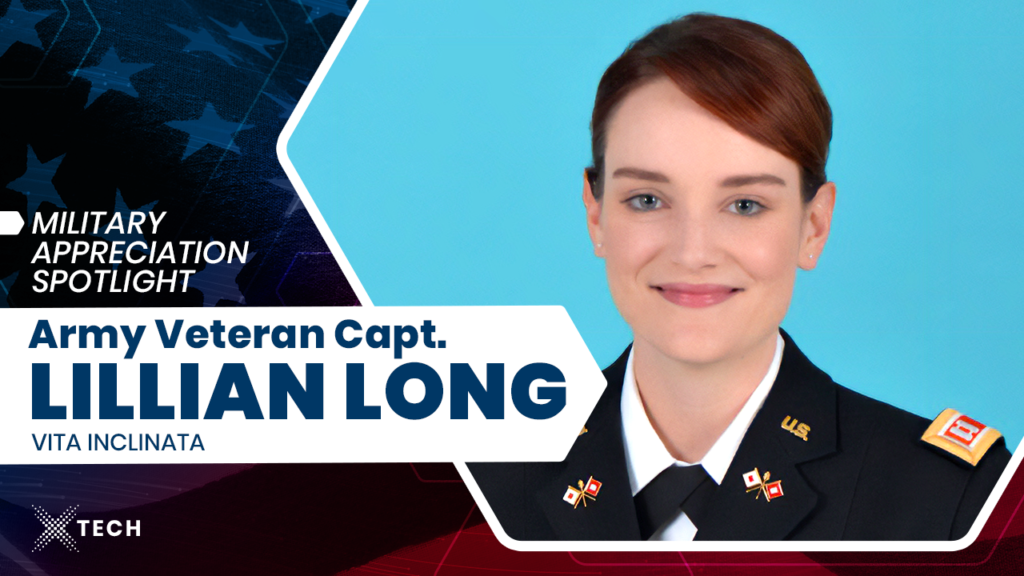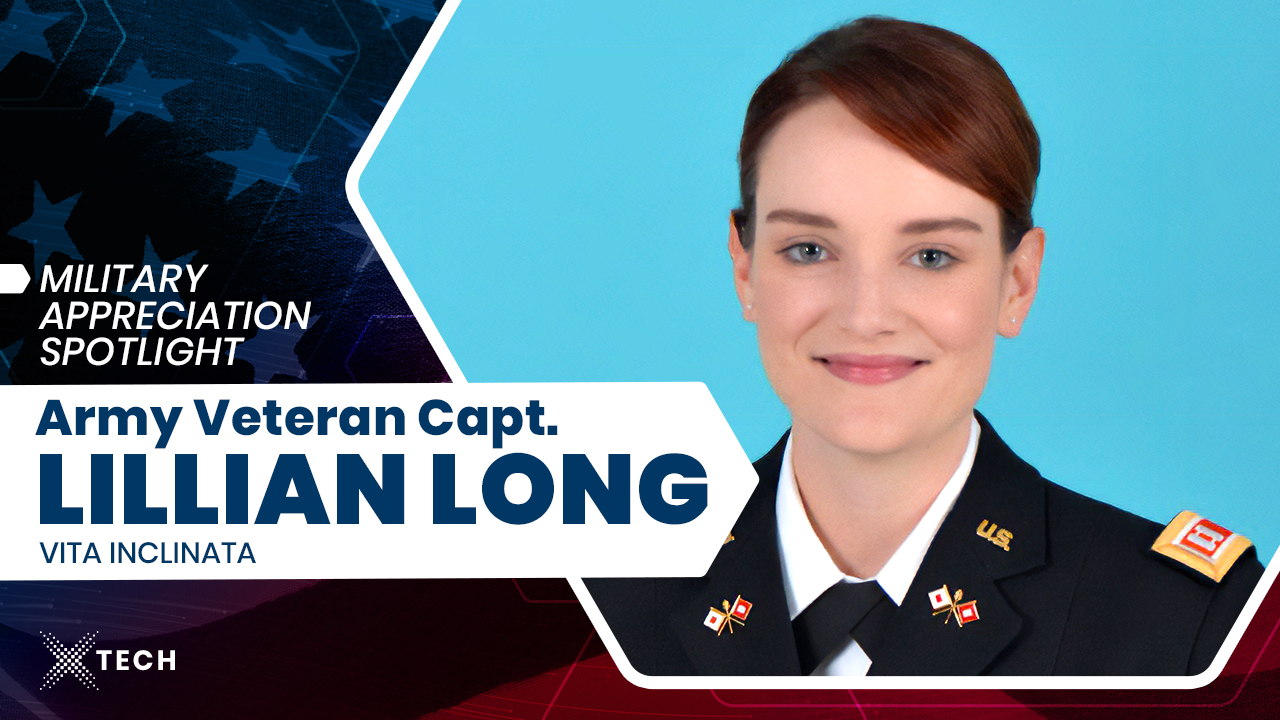


By the Assistant Secretary of the Army for Acquisition, Logistics and Technology Public Affairs Office
WASHINGTON – Technology requirements for the U.S. Army are constantly evolving, but one small business has found an area where stability can be lifesaving, specifically in helicopter rescue missions. Vita Inclinata, winner of the Army’s xTechSearch 4 competition, has developed a helicopter load-stabilization system that can be used for safer and more efficient medevac rescues.
“Our mission is to bring people home every time,” said Lillian Long, Vita Inclinata’s chief of staff. “The Soldier ethos is the same: you never leave a fallen Soldier behind. [Vita] is very ingrained in what the Army is already striving to do.”
Long is a former captain in the Army’s 101st Combat Aviation Brigade out of Fort Campbell, Kentucky. As a signal officer, she was responsible for air-to-ground communications and is passionate about how Vita’s technology can benefit Soldier safety during helicopter rescues.
In the past, rescue hoists have lacked stability due to situations such as high winds, densely wooded or mountainous areas, and other factors. A helicopter hoist that cannot reach an injured Soldier, or one that is swinging uncontrollably, could result in further injury or even death. Vita’s load-stability system uses sensors that detect movement and environmental challenges, sends the data into a stabilization algorithm, and then uses battery-operated high-pressure duct fans to counteract motions and get the Soldier to safety faster.
With almost 600 medevac helicopters in the Army alone, Vita’s capabilities can have a huge impact on the Army. Their innovative technology earned them the winning spot in xTechSearch 4 and a cash prize of more than $380,000 throughout the competition. xTech, led by the Office of the Assistant Secretary of the Army for Acquisition, Logistics and Technology, is an Army program that awards and accelerates transformative science and technology innovations through prize competitions while breaking down the barriers to entry for non-defense businesses.
Long describes the benefit of participating in xTech as “connecting the dots” between non-traditional businesses and the warfighter and serving as a launching pad from research and development to integrating technology into an Army program.
“When it comes to getting technology out of the R&D phase and into the warfighters’ hands, there is a disconnect,” Long said. “With xTech, we were able to shine a light into the Army of what Vita is doing and get attention from key leaders in the Army.”
Long also shared another one of Vita’s recent efforts outside of their defense work. Caleb Carr, president and chief executive officer, recently traveled to Ukraine to provide support during the ongoing conflict. Vita donated a load-stability system and rescue basket to a unit in Ukraine, and Carr trained their helicopter team on how to perform a medevac rescue using their system.
The Army xTech program champions non-defense businesses and their leaders, who put Soldier safety at the forefront of their mission. For more information on Vita Inclinata, visit their website at https://vitatech.co.
